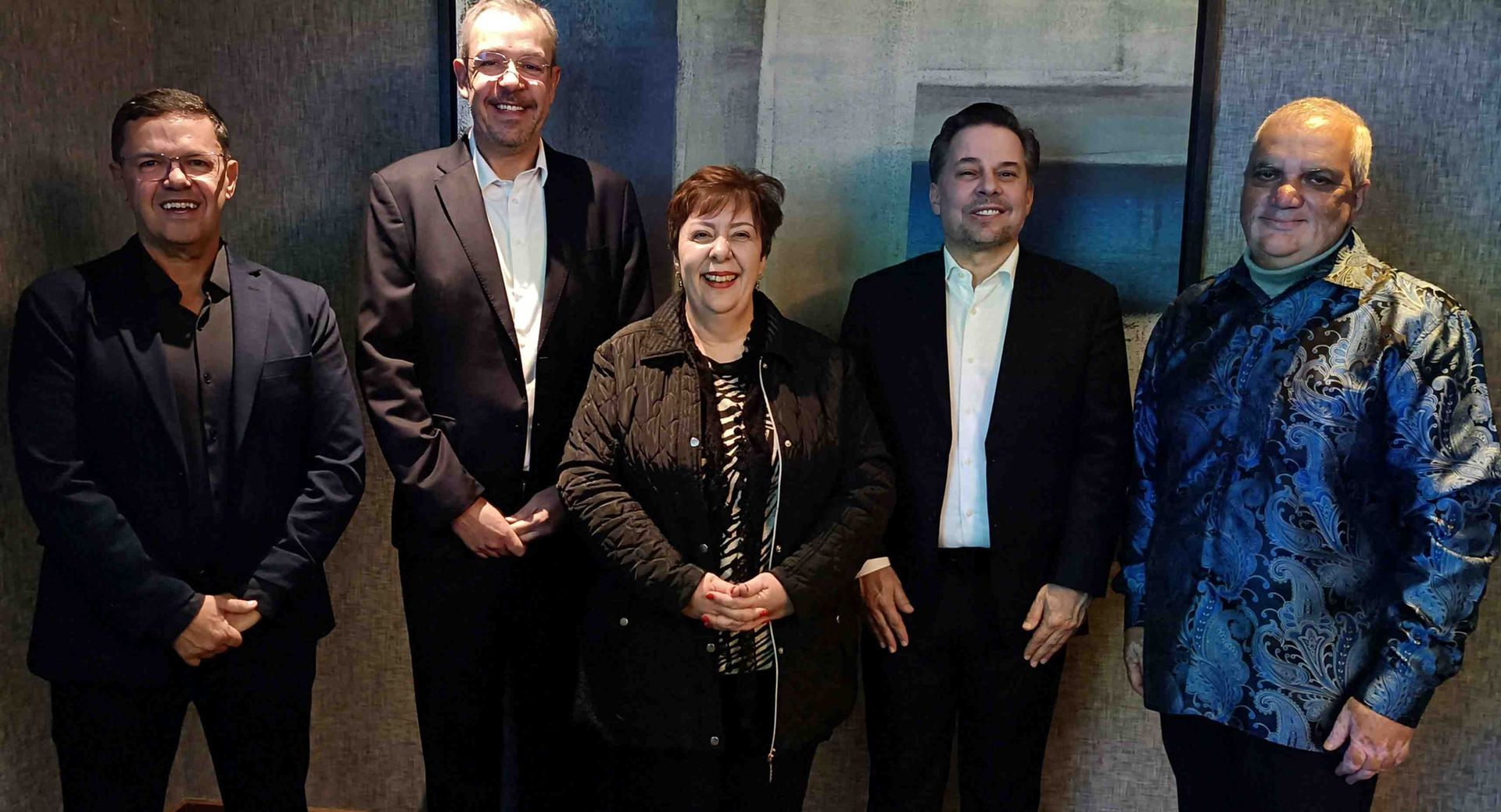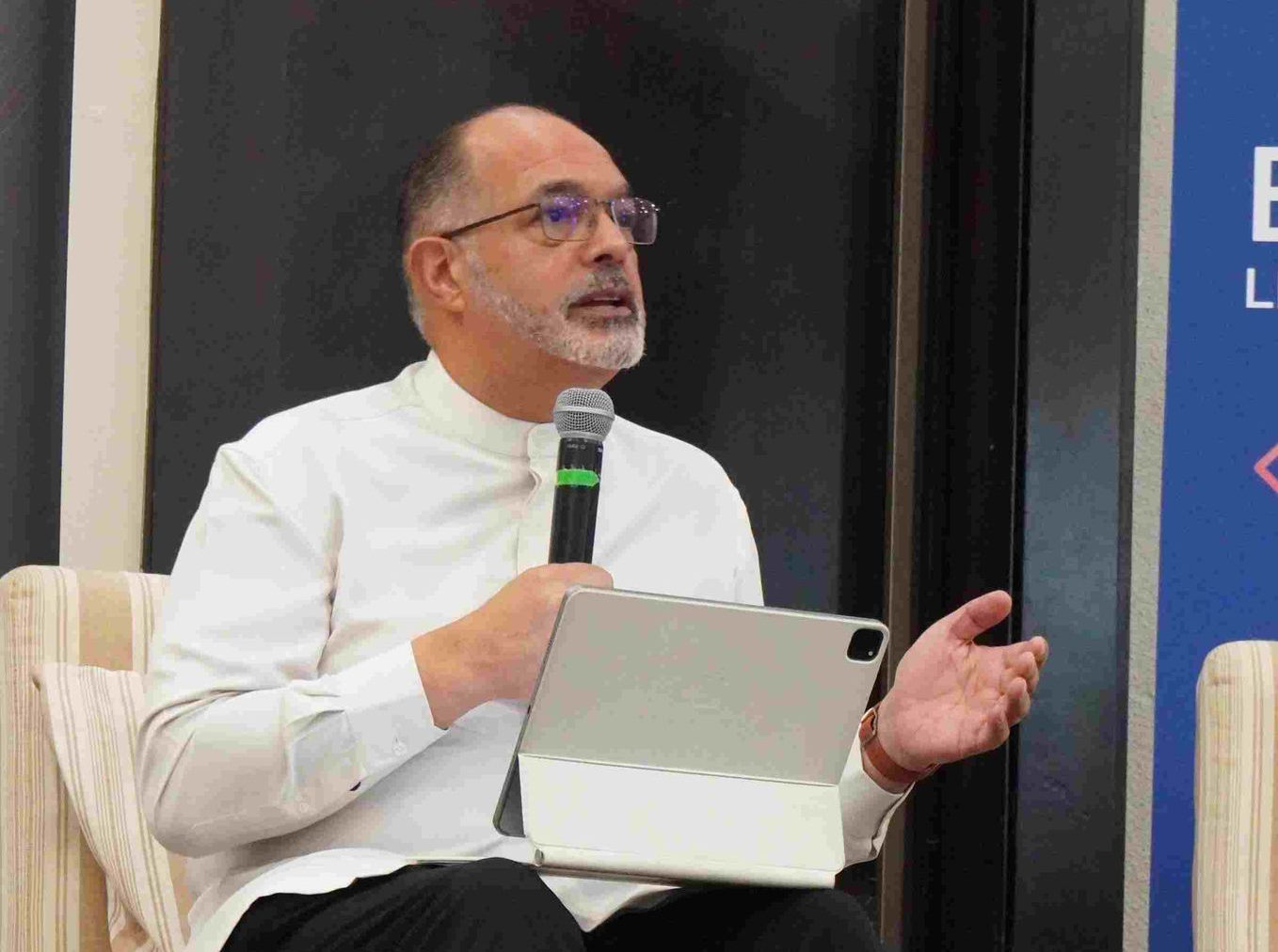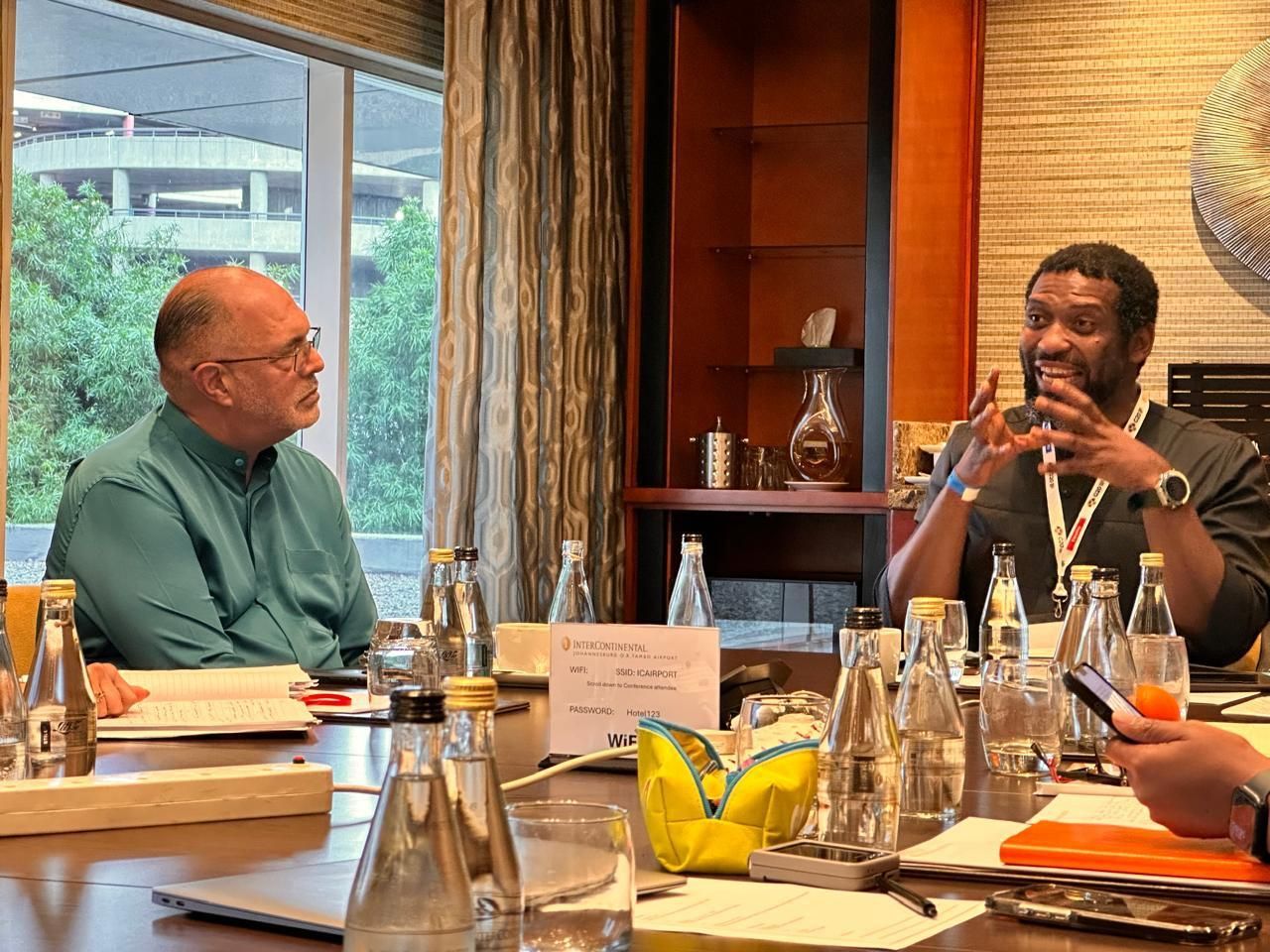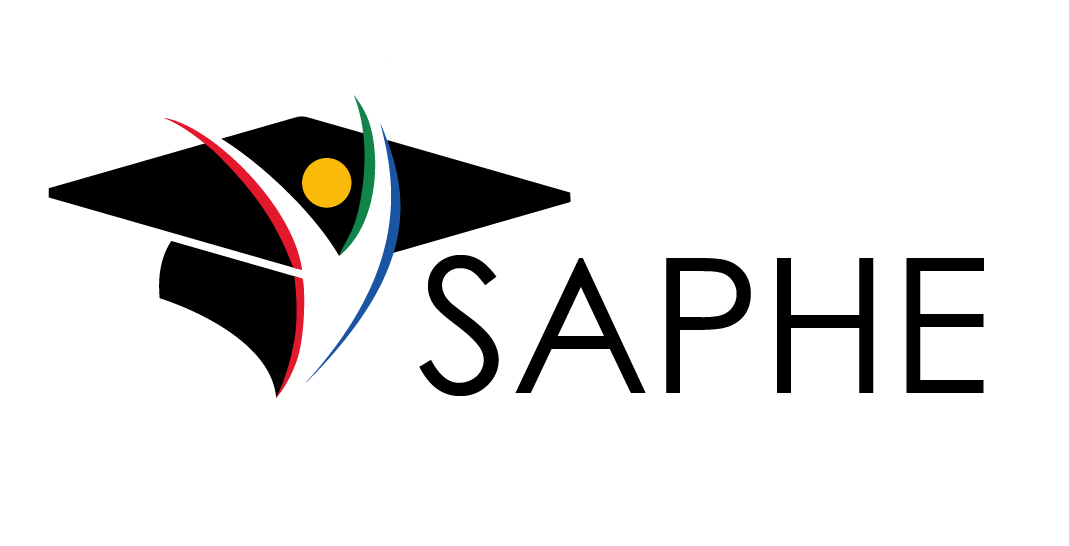Exploring common ground: SAPHE hosts Semesp delegation from Brazil
This week, SAPHE hosted a delegation from Semesp, the association representing private higher education institutions in Brazil. The visit provided a valuable opportunity for mutual learning, collaboration, and comparative dialogue between the South African and Brazilian private higher education sectors.
The visit began with an insightful presentation by Dr Whitfield Green, CEO of the Council on Higher Education (CHE), who introduced the South African higher education landscape. He outlined the CHE’s role in ensuring quality, relevance, and transformation in the sector - providing essential context for the week’s discussions.
In meetings with the SAPHE Board and member institutions, the Semesp delegation engaged in conversations covering a wide range of topics—from the integration of emerging technologies and AI, the promotion of entrepreneurship and collaboration with industry, effective marketing and student recruitment strategies, to distance education and strong governance and management practices within private institutions.
One of the most striking comparisons highlighted during the exchange was in student enrolment figures. In Brazil, private institutions dominate the landscape:
- 87.8% of all higher education institutions are private.
- These institutions enrol nearly 8 million students, while only around 2 million attend public universities.
- Among these private institutions, 65.1% are for-profit.
This stands in sharp contrast to South Africa, where public universities continue to enrol more than 70% of students. However, the private sector has shown significant growth in recent years, with the number of students in private higher education institutions more than doubling since 2011.
With more and more South African students seeking access to higher education, it’s clear that private institutions have a key role to play in expanding capacity and helping move the sector forward.
Both SAPHE and Semesp affirmed the value of such engagements to stimulate new thinking and the importance of collaboration in advancing innovation, quality, and sustainable growth in higher education.

PHOTO: CEO of the CHE, Dr Whitfield Green (right) with Fabio Reis (Semesp Director of Academic Innovation), Rodrigo Capelato (Semesp CEO), Dr Carin Stoltz-Urban (SAPHE Board Chair), and Thiago Pegas (Semesp Vice-President).



